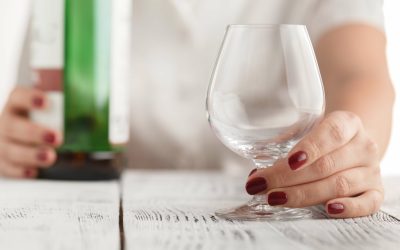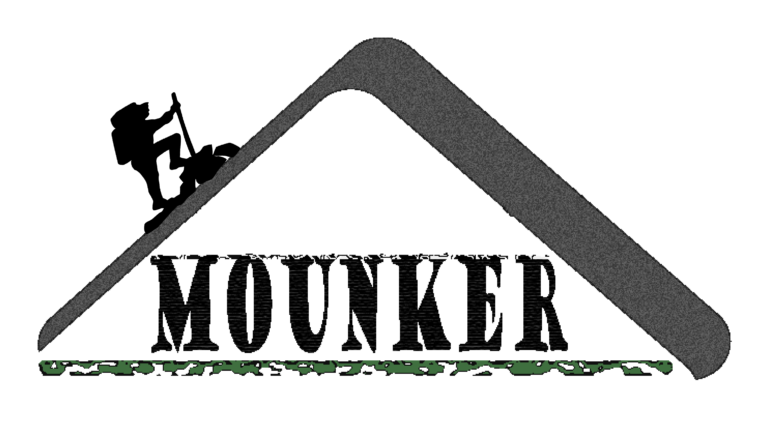This not only worsens pre-existing sleep apnea but may also lead to episodes of sleep apnea in individuals who previously did not experience it. There’s a complicated relationship among depression, alcohol, and sleep. People suffering from depression may already have disrupted circadian rhythms, and the presence of even moderate amounts of alcohol may push those rhythms further out of sync. If you’re having trouble falling or staying asleep often, see your healthcare provider.

Research from 2018 corroborates this, suggesting that people experience a lower duration and quality of REM after consuming alcohol. The key is to drink in moderation and give yourself time before going to bed so the alcohol can clear your system. To make matters worse, alcohol isn’t like water and other fluids.
Vivid dreams
She does note, however, that heavy drinkers who decide to stop drinking abruptly may experience withdrawal symptoms before they start to see the sleep benefits. “Multiple factors, including how much and how often you drink, can contribute to the severity of these withdrawal symptoms,” she says. By combining bananas and almond milk in a smoothie, you can really pack in a powerful tryptophan and melatonin punch that might help reduce symptoms of insomnia. In human studies, ashwagandha has shown potential to help the body wind down and prepare for rest, as well as to improve overall sleep quality (25, 26).

Circadian rhythms regulate nearly all of the body’s processes, from metabolism and immunity to energy, sleep, and sexual drive, cognitive functions, and mood. Although there’s no evidence that alcohol can cause narcolepsy (sleepwalking), it does disrupt REM sleep, which may make the onset of sleepwalking does liquor help you sleep more likely. Drinking alcohol in moderation is generally considered safe but every individual reacts differently to alcohol. As a result, alcohol’s impact on sleep largely depends on the individual. “Before seeing the sleep debt numbers I didn’t understand how exhausted I really was.
Alcohol and Insomnia: That Nightcap Might Keep You Up at Night
Alcohol has been linked to reduced rapid eye movement (REM) sleep. Research shows that alcohol actually has a disruptive effect on your sleep the rest of the night and messes with sleep quality and quantity. While a drink now and then may have a sedative effect that causes you to drift off faster, research shows that it can impede sleep quality in the long run.
- Studies of chronic alcohol users have found that these individuals typically experience disrupted sleep patterns with less slow wave sleep and more REM sleep.
- Researchers believe the link between insomnia and alcohol consumption to be bidirectional, meaning that each contributes to the other.
- If you’re concerned about your alcohol intake and sleep, visit your GP.
- She has held previous positions at Everyday Health, Women’s Health, and L’Oréal.
- People who regularly drink alcohol are 25% more likely to have obstructive sleep apnea, although the connection may be partly due to other shared risk factors such as obesity.
Multiple studies have found that warm milk may improve sleep quality and decrease movement at night, but further studies are needed to confirm these claims (55, 56, 57, 58). A 7-day study in 20 people found that drinking tart cherry juice concentrate daily significantly increased melatonin levels, compared with a placebo beverage (11). Whether you have had one or multiple drinks, it’s best to wait for your body to fully process the alcohol before heading to bed. In general, try to avoid drinking alcohol four hours before you plan on going to sleep.
Learn More About Nutrition and Sleep
Research shows that regular alcohol intake can reduce sleep quality over time, potentially causing issues such as insomnia. See how your sleep habits and environment measure up and gauge how adjusting behavior can improve sleep quality. Secondly, alcohol wakes you up in the night, making it harder to get enough sleep. When you don’t get enough sleep, you build up sleep debt and this can tank your energy levels.
- Alcohol can increase the quantity of non-REM sleep during the first half of the night, but it decreases REM sleep in the second half.
- This is a very common problem in older people, especially women – 1 in 2 women and 1 in 5 men over 50 will break a bone because of osteoporosis.
- At this stage, you’re likely to have broken sleep punctuated by frequent awakenings.
- But part of a smart, sleep-friendly lifestyle is managing alcohol consumption so it doesn’t disrupt your sleep and circadian rhythms.
On the contrary, as alcohol passes through the body, it exerts a number of biochemical effects that tend to lead to poorer sleep. Understanding the effects of alcohol on sleep is the first step toward preventing alcohol-related sleep problems. During the second half of the night, sleep becomes more actively disrupted.
How Does Alcohol Affect Sleep?
Drinking alcohol increases the risk of these funny turns, and this dizziness makes you more prone to falls. Taking a closer look at your alcohol use and how it’s affecting your sleep is an incredible step. Cutting back or cutting out alcohol can radically change your sleep quality. Being well-rested can introduce countless additional gifts to your professional and personal life. The clinicians at Monument are here to help you find a healthy relationship with alcohol, and discover the power of alcohol-free, high-quality sleep.
